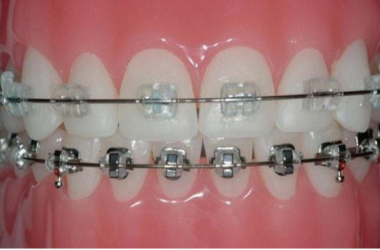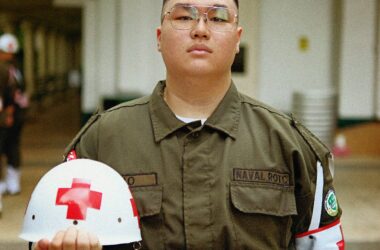The number of US drug overdose deaths since 2000 is close to one million. People with substance abuse disorders are in danger of becoming part of that statistic. They must not meet this tragic fate.
Friends and loved ones of a person struggling with addiction must help him or her. Family interventions are great ways to convince someone to check into rehab for addiction. But there are right and wrong ways to approach such an event.
Read on to learn about things a family must not do during an intervention.
Don’t Choose the Wrong Space
A lot of movie interventions take place in living rooms. But the living room, or anywhere in your family’s house, is not a good place for a family intervention. The affected person may associate the home with many bad family interactions.
In addition, the affected person can easily leave a living room intervention. They can just return to their bedroom to hide.
It’s better to choose a space that is more formal and yet private. A psychiatrist’s office is a good example of this. An affected person should be on their best behavior and be less likely to walk out into unfamiliar territory.
Don’t Forget to Rehearse
Family rehearsals must go as perfectly as possible. The problem is that interventions can quickly go wrong. People can forget what to say, react negatively to the affected person, etc.
Rehearsals can prevent such negative circumstances from occurring. Those involved with the intervention can practice what they want to say. As a result, they’ll say their lines more clearly and with conviction.
Rehearsals can also help family members prepare for any emotional outbursts from the person. A rehearsal group can have someone stand in for the affected person. They can react in various ways similar to how the affected person may act.
Don’t Choose the Wrong Time
Don’t hold an intervention while the affected person is high or drunk. Your loved one won’t be coherent in this state. The words of the group won’t have as much of an impact.
Plus, a person who is high and/or drunk can overreact. If they do, they will destroy the sense of calm that a family intervention needs to have.
Wait until the affected person is sober. They’re most likely to be so early in the morning. You can also hold an intervention right after a significant substance-related event, like driving while drunk.
Don’t Pick the Wrong Team
You don’t need to get the whole family involved in the intervention. There may be people in your family that the affected person doesn’t get along with. Adding them to the intervention group can create unnecessary tension.
You should also pick a small team. A larger team might make a target person feel threatened. Family interventions need to be calm events that promote healing, not events where a person is bullied into submission.
Don’t Use Accusatory Language
Don’t put negative labels on a person such as “drug addict.” The affected person may see these terms as accusatory. They may also feel too defined by this language and think they can’t change their behavior.
Use more neutral terms instead. And try to talk more about a person’s positive traits. Doing so can help the affected person feel like change is possible.
Don’t Use a Bad Speaking Order
It’s not a good idea to pick a random order for your team to speak. You need to have the right people speak at the right times. Doing so will make the intervention far more constructive.
For example, people who are closest to the affected person should talk first and last. The areas of time can impact the person the most.
Don’t React Poorly During Family Interventions
Even with a good rehearsal, people may still struggle to stay calm. Don’t let things get out of control. If anyone besides the addict struggles to stay calm, ask them to leave the room.
Don’t let the addict get violent, either. Make sure that everyone stays calm and sticks to the script. This behavior should keep the addict calm.
Don’t Use Negative Body Language
People can stay calm but still use negative body language. The affected person may sense this negative body language subconsciously. They can then react negatively.
So people in an intervention need to watch their body language. They need to keep their limbs uncrossed, keep their hands unclenched, etc. Do some research to learn about some positive body language that the people at your intervention can use.
Don’t Forget Backup Plans
Any number of things can happen during the intervention. The target person may leave, act emotionally, and say hurtful things. You may not get through to them.
You need to prepare for such circumstances by creating backup plans and practicing them together. This may or may not help as anything can happen during an intervention. But having something prepared is better than having nothing prepared.
Don’t Discount Other Possibilities
A family intervention doesn’t have to be the answer. If the intervention does not work, consider trying another method. The world of psychology is full of possibilities.
For example, why not try family therapy? Addiction is often more of a family problem than an individual problem. Getting the whole family involved in a thorough healing process may be just what a substance-affected family member needs.
Check out this page on Family Recovery Center to learn more.
More Interesting Articles Ahead
If family interventions didn’t work, people wouldn’t still use them today. So they can work. It’s just important to approach family interventions correctly so they end up doing the most good.
After you finish this article, perhaps we can interest you in reading some of our others. We have dozens of pieces on health, marketing, technology, and more.
Click on one of the links around you now. You’re to find something that you’ll like.







